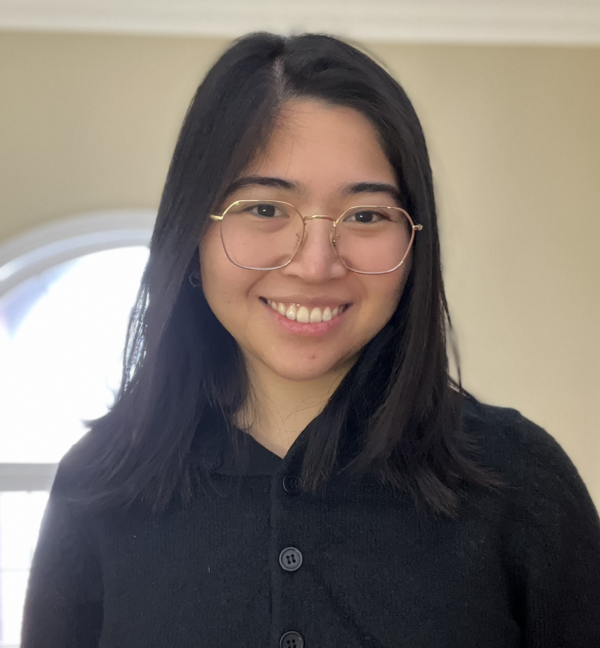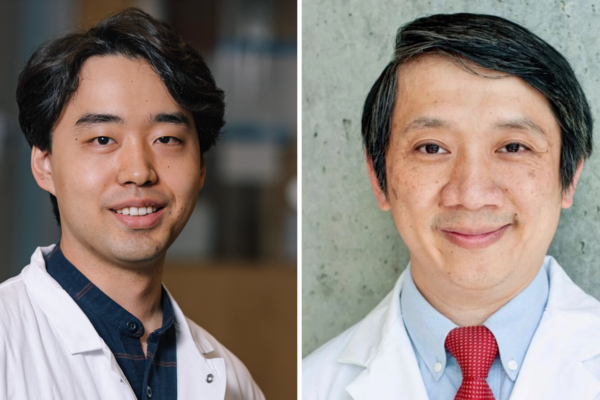Mobile Menu
- About Us
- News & Events
-
Prospective Students
- Application Deadlines
- MPUTC Joint PhD Program
- International Visiting Graduate Students
- Week in the Life
- Student Ambassadors
- Prospective Student Newsletter
- Programs
- Courses
-
Current Students
- Student Handbook
- Awards
- Student Ambassadors
- Groups & Associations
- Methods CoP
- Health & Wellness
- FAQs
- Doctoral Stream Programs
- Examinations and Thesis Preparation
- Graduate Professional Development
- International Student Resources
- Teaching Assistant Positions
- Forms
- Graduate Department Academic Appeals Committee
- Faculty
- Research




